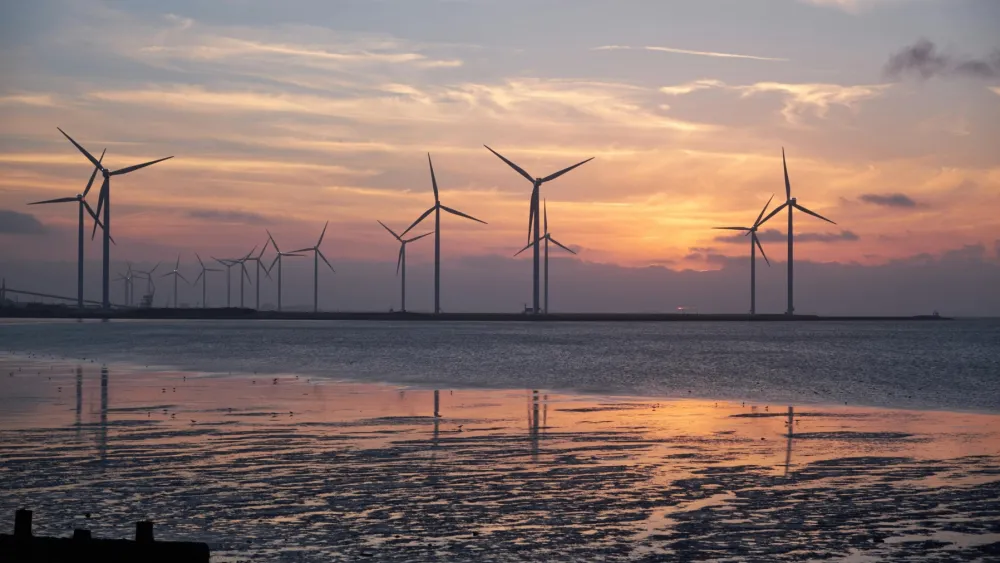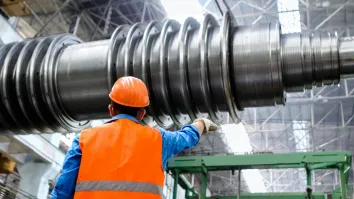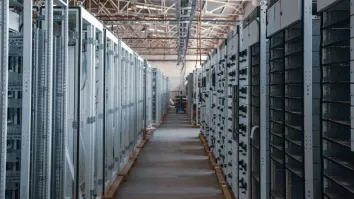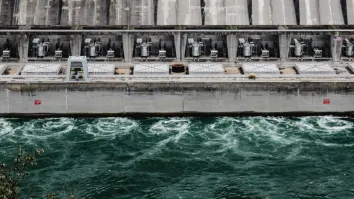
Will Japan beat a full retreat from Nuclear?
By William ByunBefore the Deluge
“One customer, one product, one general price for 20 years”. You can book it. While it may be nostalgic to think of power in days past, the reality is that we are in the midst of a significant shift in our industry as starkly illustrated in the aftermath of the Japan Crisis (earthquake/tsunami/nuclear).
Already, the clouds had been gathering even beforehand – despite the global economic downturn, fuel commodity prices such as for coal and oil were high and resilient and an economic turnaround would have likely resulted in even a greater price surge.
Meanwhile, despite the debate on climate change slipping more into the background, it stubbornly refused to go away.
Finally, while there was greater dialogue on bringing on more nuclear capacity, such talk seemed more of a last hurrah rather than a new direction.
Once the reactor units at Fukushima shut down and other units were taken off-line in other countries as well, the pent-up vectors pushing the industry have suddenly come roiling to the surface and it these waves now buffeting the power sector.
Storm Surges
So what are these vectors? While seemingly more idealistic than practical, there has been a stark shift away from looking towards nuclear to more concerted public outcry to develop renewable power generation. Even the increased thermal uptake in Japan has been met with a greater social consensus there that such an approach is not a solution but more of a temporary and embarrassing fix.
Given the upward price pressure such a surge has also caused to the entirely imported fuel commodities, economically the thermal route doesn’t have legs.
Finally and surprisingly, rather than be pragmatically tossed aside, the government has continued inexorably (if slowly), its move towards a national carbon framework under the Hatoyama Initiative.
Then, using Japan as a guidepost, rather than bemoan the change, what can we see as the new industry vectors? Especially in Japan where the formation of a social consensus is a precursor to policy, increasingly, there appear to be three broad storm surges into our industry.
Renewables: When the flavor is renewables, then push renewables. Renewables power generation has over the past decade, continued to mature and broaden as a sector, with newer silos such as wind and even PV solar, becoming more mainstream in image, joining traditional “baseload” renewables such as hydro and geothermal.
Further, renewable energy companies have also become increasingly corporatized in terms of scale and structure.
Finally, while renewables may not be independently viable yet in the absence of subsidies, as renewables subsidies are increasingly an accepted part of the revenue and social consensus landscape, then it just becomes another pricing input no different from other Government-set prices – money is money and long-term subsidies are now generally a part of the landscape.
Alternative Fuels: Rather than separate electric power generation from other uses of fuels, these two are seen and discussed internally in Japan as a part of an overall energy security issue, be it importing coal or importing gasoline.
In such regard, in the past several months there has been a deepening of discussion and social consensus forming on alternative fuels such as from 2nd and 3rd generation biofuels (those avoiding the fuel vs food debate). Such biofuels, especially in the bioalgae space, have a tremendous potential impact on future energy use patterns and Japan has taken a long-term direction to support such utilization of biofuels development.
The New Finance: Finally, coupled with the changes above, the power sector now looks different financially too. Rather than mature, asset heavy plays with a low albeit steady return, given the potential for radical impact and much higher upside volatility in returns, energy and power are attracting high-growth money.
The returns are then not just from the plants and projects themselves but also from the positioning of new markets ahead. Where is the next Amazon or Facebook in terms of shifting industry frameworks amongst the new renewables and biofuels plays? The new money is in and it is aggressive.
Sore Kara (and then….)
Broadly, as the case aftermath of Japan showed, the world has moved on in terms of how the social consensus (and future policy framework) is approaching the power sector. There are new vectors affecting the industry and these need to be understood and planned for.
The reality of the new landscape is that either the power sector could be to simply wait defensively in a shifting future and try to keep selling one thing forever… or look to start making opportunistic tactical forays and strategically engaging new sectors to leverage into higher growth opportunities.




















 Advertise
Advertise







